How Coronavirus Vaccines Work?
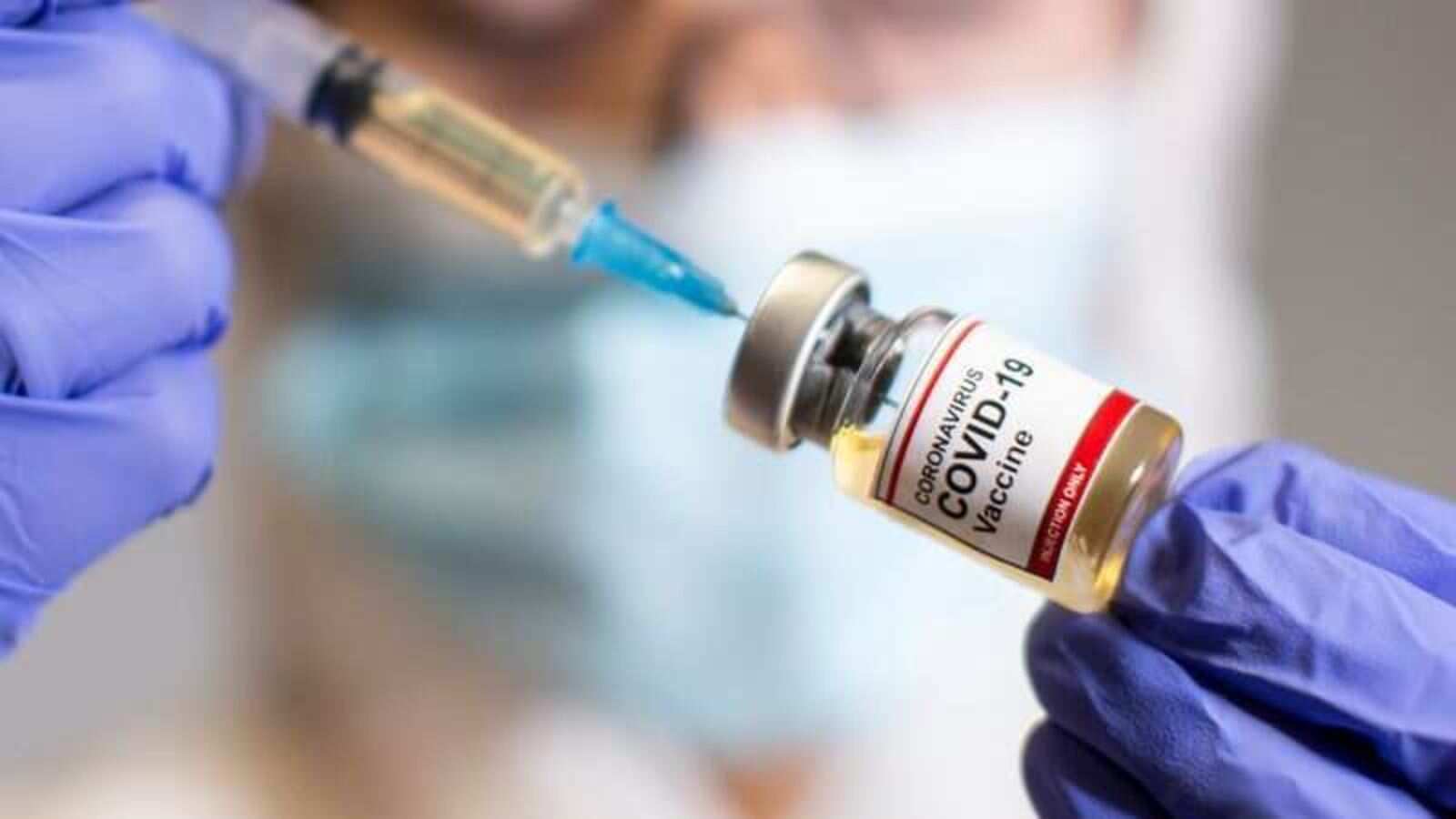
What You Need to Know
COVID-19 vaccines are safe and useful.
You might have side effects after vaccination, but these are normal.
It generally takes 2 weeks after you are fully vaccinated for the body to build protection (immunity) against the virus that causes COVID-19.
If you aren’t vaccinated, find a vaccine. Take all necessary precautions till you are completely vaccinated.
If you are fully vaccinated, you could recommence activities that you did prior to the pandemic.
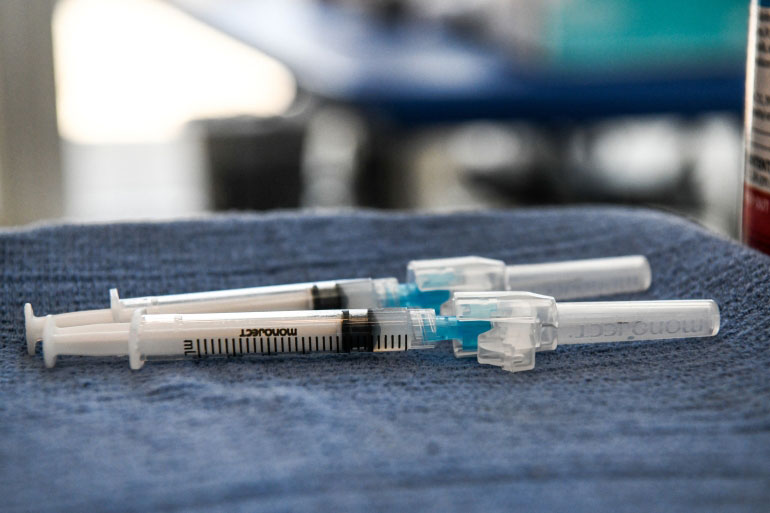
The Immune System - The Defense of the body against Infections
To understand how COVID-19 vaccines work, it helps to first look at how our bodies fight disease. When germs, for example, the virus that causes COVID-19, infect our bodies, they attack and multiply. This invasion, known as an infection, is what causes disease or illness. Our immune system utilizes many tools to combat infections. Blood consists of red cells, which carry oxygen to tissues and organs, and white or immune cells, which fight infection. Different kinds of white blood cells fight infection in a different manner:
Macrophages are white blood cells that swallow up and ingest germs as well as dead and dying cells. The macrophages leave behind parts of the invading germs, known as “antigens”. The body detects antigens as dangerous and stimulates antibodies to strike them.
The B-lymphocytes are defensive white blood cells. They produce or make antibodies that attack the parts of the virus left behind by the macrophages.
T-lymphocytes are another kind of defensive white blood cell. They attack the cells of the body which have already been infected.
The first time a person is infected with the virus that causes coronavirus, it could take several days or weeks for their body to produce and utilize all the germ-fighting tools required to recover from the infection. After the infection, the person’s immune system recollects what it learned about how to protect the body from the illness or disease.
The body keeps some T-lymphocytes, known as “memory cells,” that goes into action rapidly if the body encounters the same virus again. When the known antigens are identified, B-lymphocytes produce antibodies to attack them. Experts are still finding out how long these memory cells protect a person from the virus that causes coronavirus.
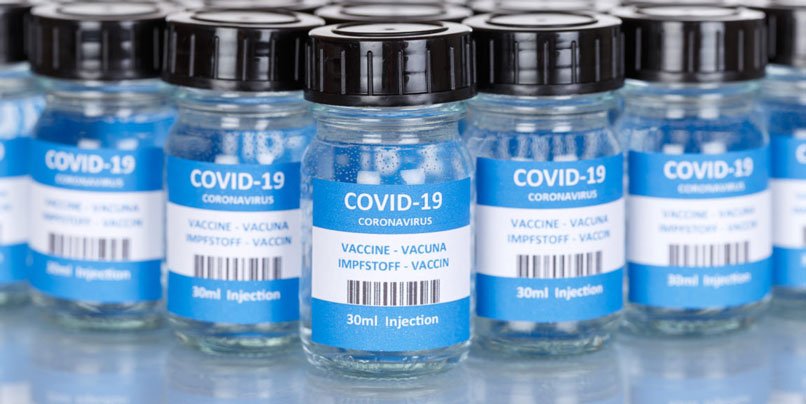
How Coronavirus Vaccines Work
Coronavirus vaccines help our bodies build immunity to the virus that causes coronavirus without us having to get the disease.
Different types of vaccines work in different manners to provide protection. But with all the kinds of vaccines, the body is left with a supply of “memory” T-lymphocytes and B-lymphocytes that will recollect how to fight that virus in the future.
It generally takes several weeks after vaccination for the body to make T-lymphocytes and B-lymphocytes. Hence, it is possible that a person can be infected with the virus that causes coronavirus just before or just after vaccination and then gets sick because the vaccine did not have sufficient time to offer protection.
Sometimes after vaccination, the process of building immunity could cause symptoms, like fever. These symptoms are common and are signs that the body is developing immunity.
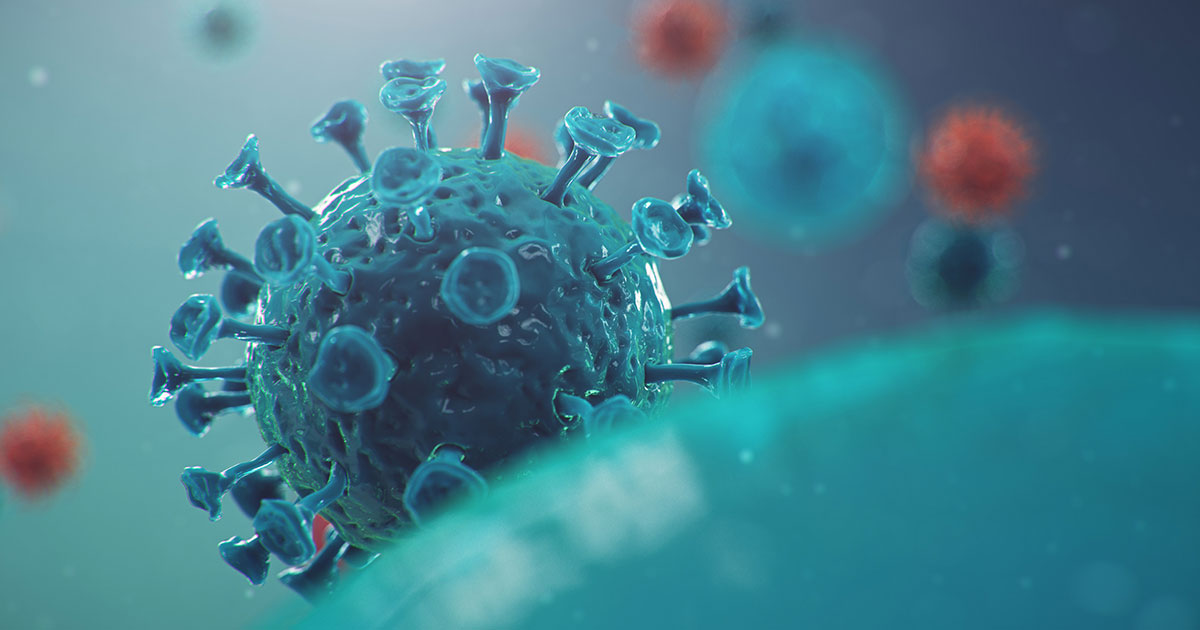
Types of Covid-19 Vaccines
Presently, there are three primary types of COVID-19 vaccines that are authorized and suggested or undergoing large-scale (Phase 3) clinical trials in the United States (US).
Below is an explanation of how each type of vaccine makes our bodies identify and defend us against the virus that causes coronavirus. None of these vaccines could give you COVID-19.
mRNA vaccines contain material from the virus that causes coronavirus that gives our cells directions for how to make a harmless protein that is unique to the virus. After our cells produce copies of the protein, they take out or destroy the genetic material from the vaccine. Our bodies identify that the protein should not be there and develop T-lymphocytes as well as B-lymphocytes that will remember how to fight the virus that causes coronavirus if we are infected in the time ahead.
Protein subunit vaccines include harmless parts (proteins) of the virus that causes coronavirus rather than the whole or full germ. Once vaccinated, our bodies identify that the protein should not be there and develop T-lymphocytes and antibodies that will remember how to fight the virus that causes coronavirus if we are infected in the future.
Vector vaccines consist of a revised version of a different virus than the one that causes coronavirus. Inside the shell of the modified virus, there is material from the virus that causes coronavirus. This is otherwise known as a “viral vector.” Once the viral vector is inside our cells, the genetic material gives cells directions to produce a protein that is unique to the virus that causes coronavirus. Using these instructions, our cells produce copies of the protein. This makes our bodies develop T-lymphocytes as well as B-lymphocytes that will recognize how to combat that virus if we become infected in the time ahead.
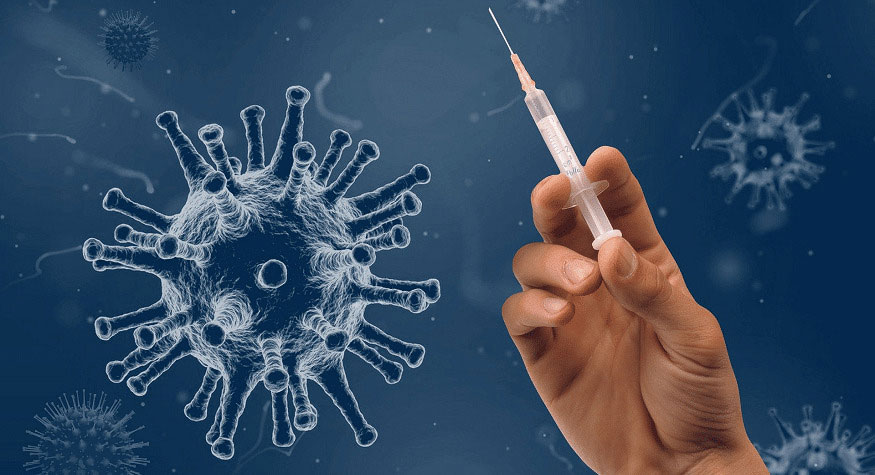
Some COVID-19 Vaccines Need More Than One Shot
To be fully vaccinated, you will require two shots of some COVID-19 vaccines.
Two shots - If you get a COVID-19 vaccine that needs two shots, you are considered fully vaccinated two weeks after your second shot. Pfizer-BioNTech and Moderna COVID-19 vaccines need two shots.
One-Shot - If you get a COVID-19 vaccine that needs one shot, you are considered fully vaccinated two weeks after your shot. Johnson & Johnson’s Janssen COVID-19 vaccine only needs one shot.
If it has been less than two weeks since your shot, or if you still require to get your second shot, you are NOT fully protected. Keep taking steps to protect yourself and others till you are fully vaccinated (two weeks after your final shot).
If you or anyone you know is suffering from coronavirus (COVID-19), our expert providers at Post Covid Centers will take care of your health and help you recover.
Call 469-545-9983 to book a telehealth appointment for a home check-up.
Post Covid Syndrome vs. Fatigue
While COVID-19 is a short-lived disease in most people, others experien...
Post Covid Syndrome vs. Skin Weakness Problems
A new study illustrates that some patients with COVID-19 disease have continuous skin-associated symptoms...
RELATED BLOGS
